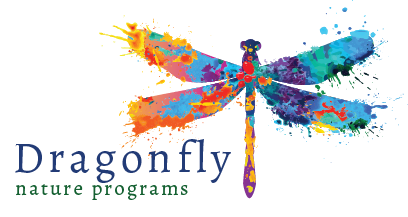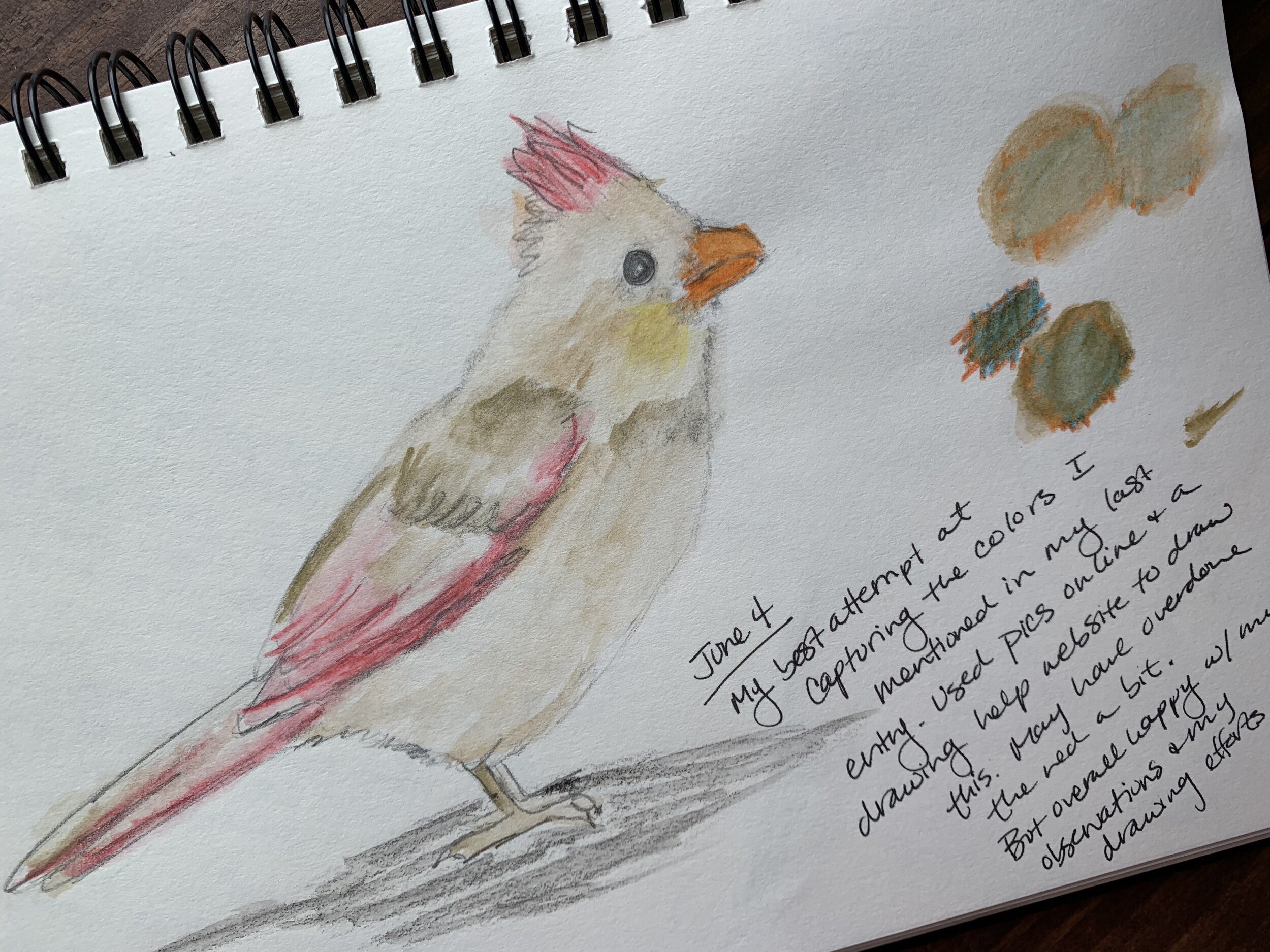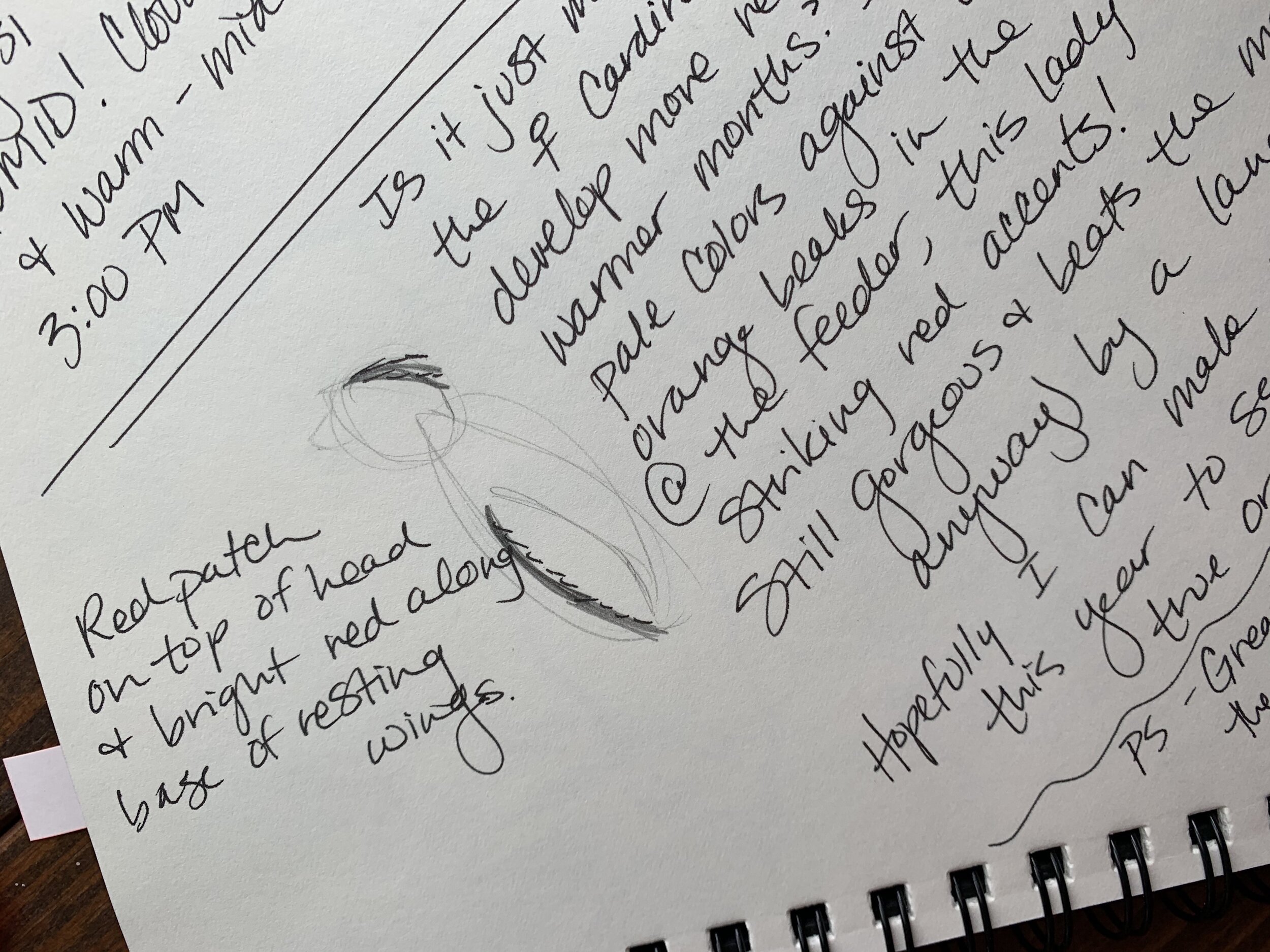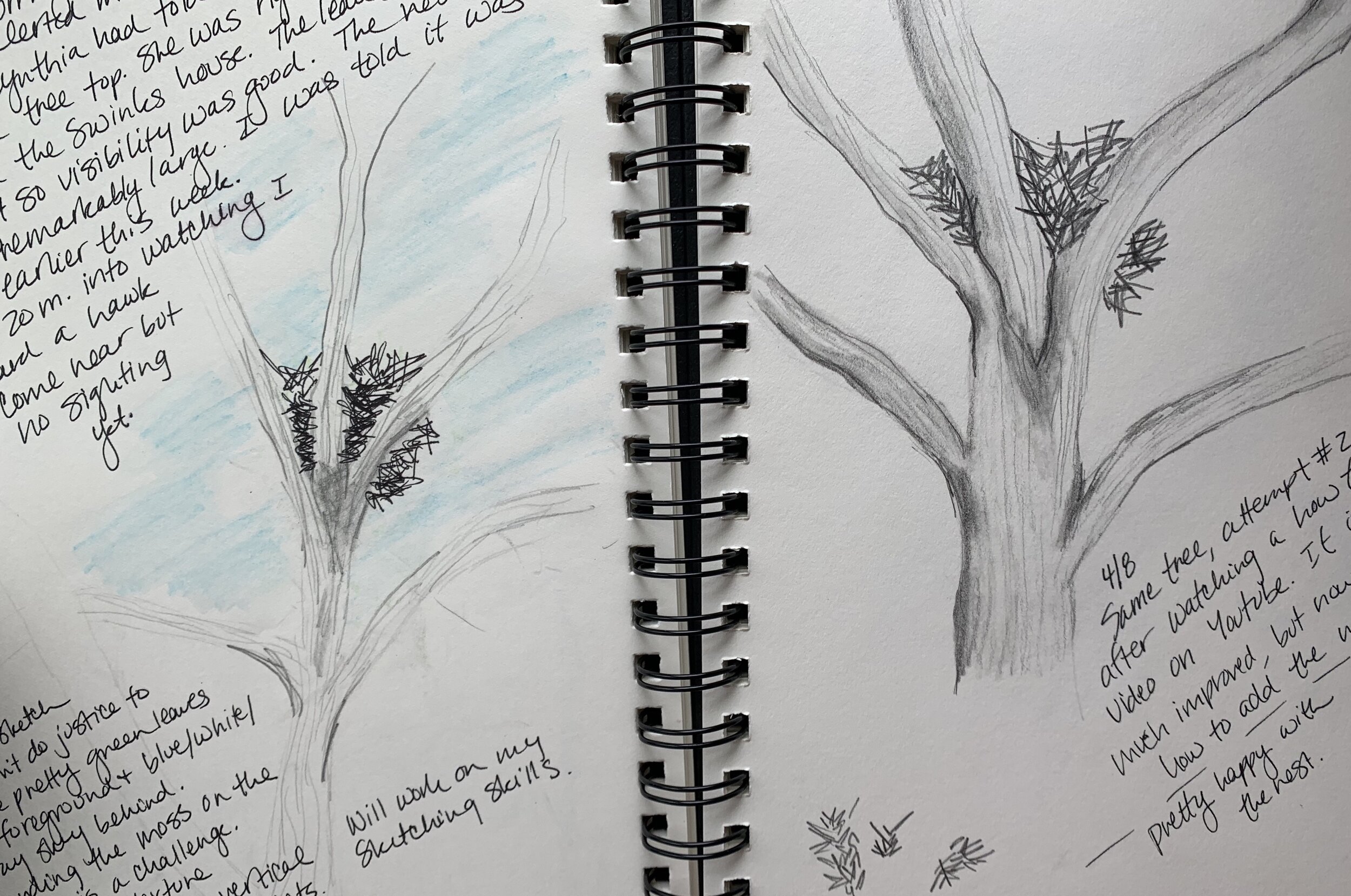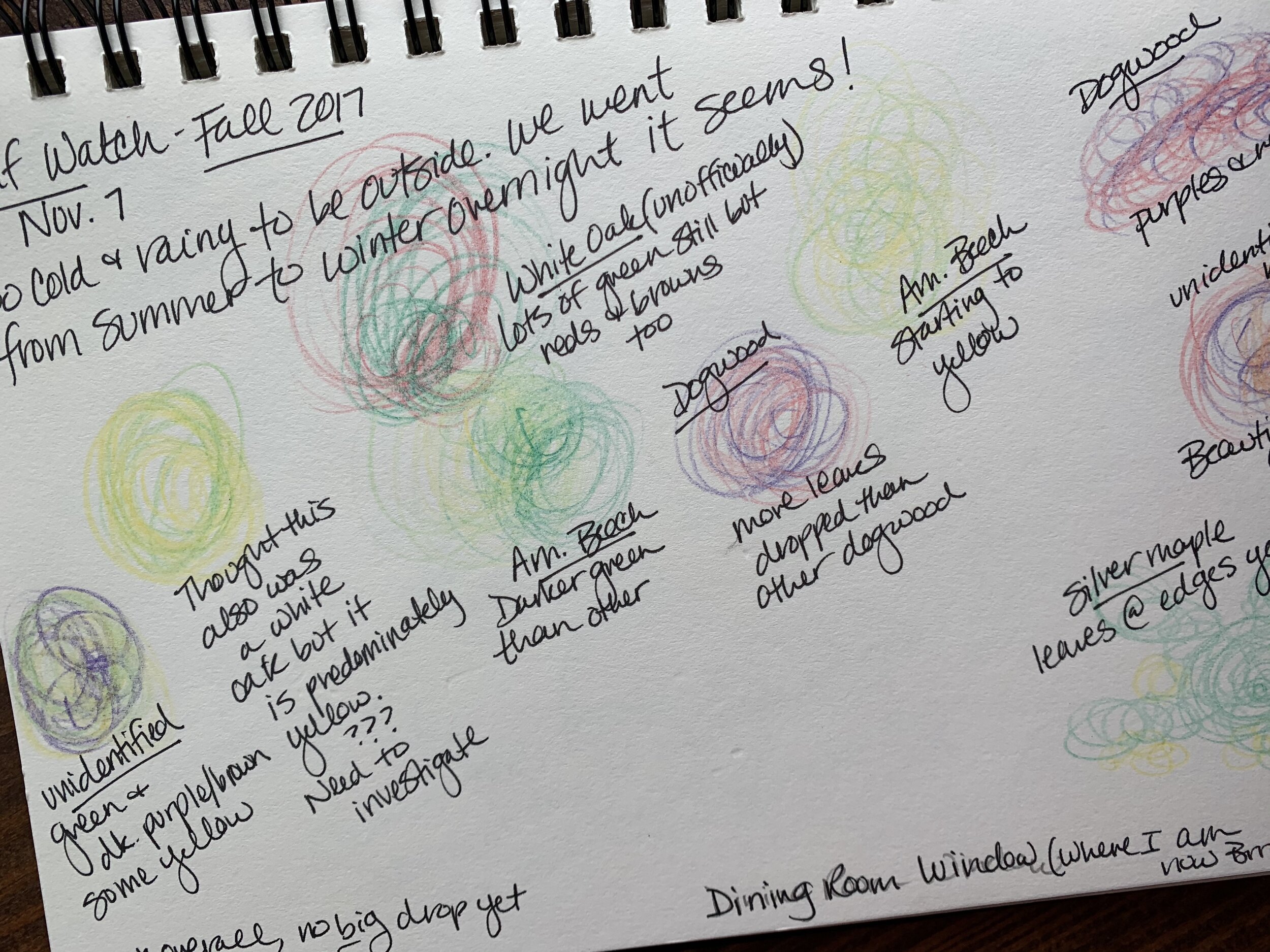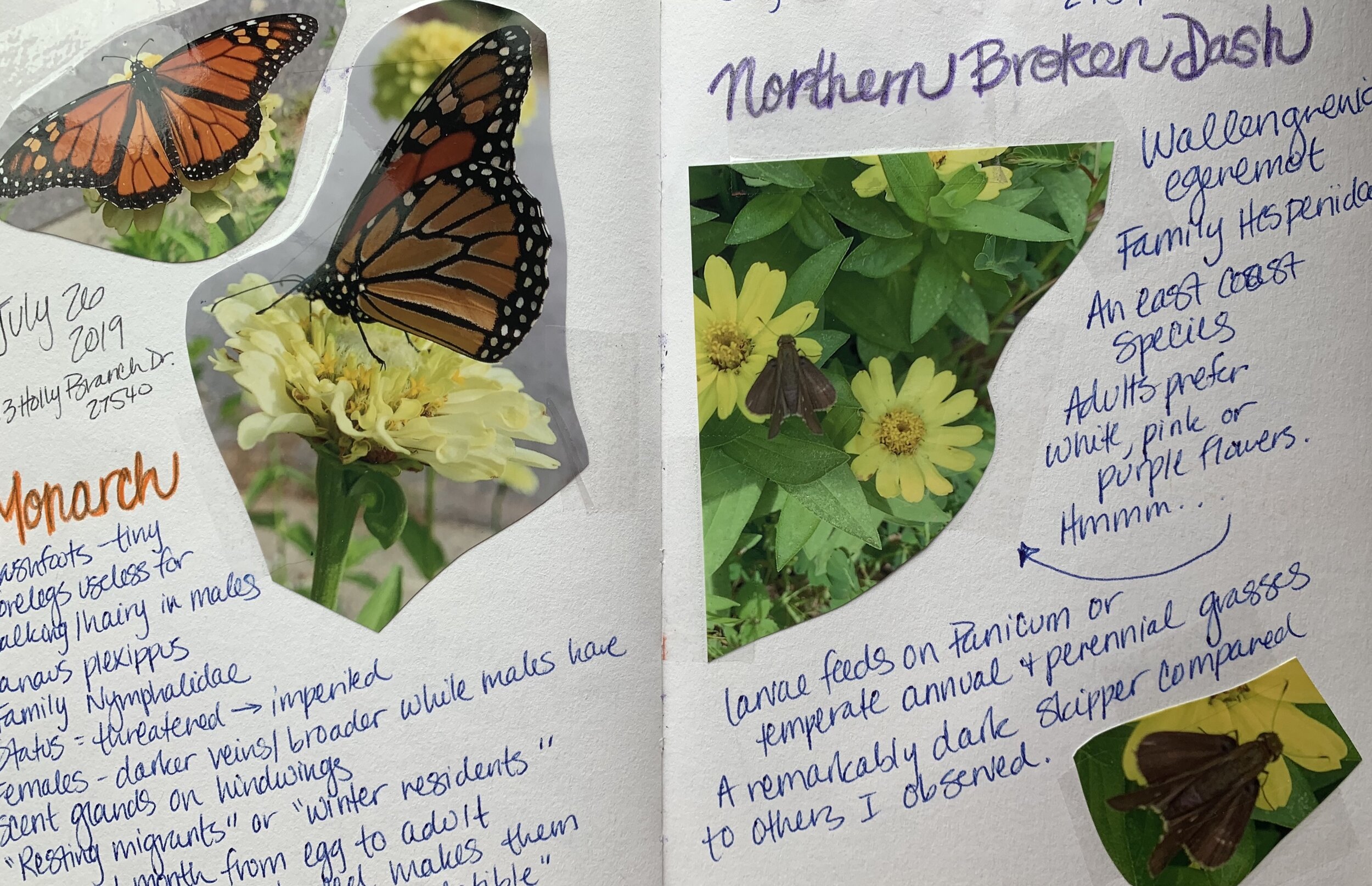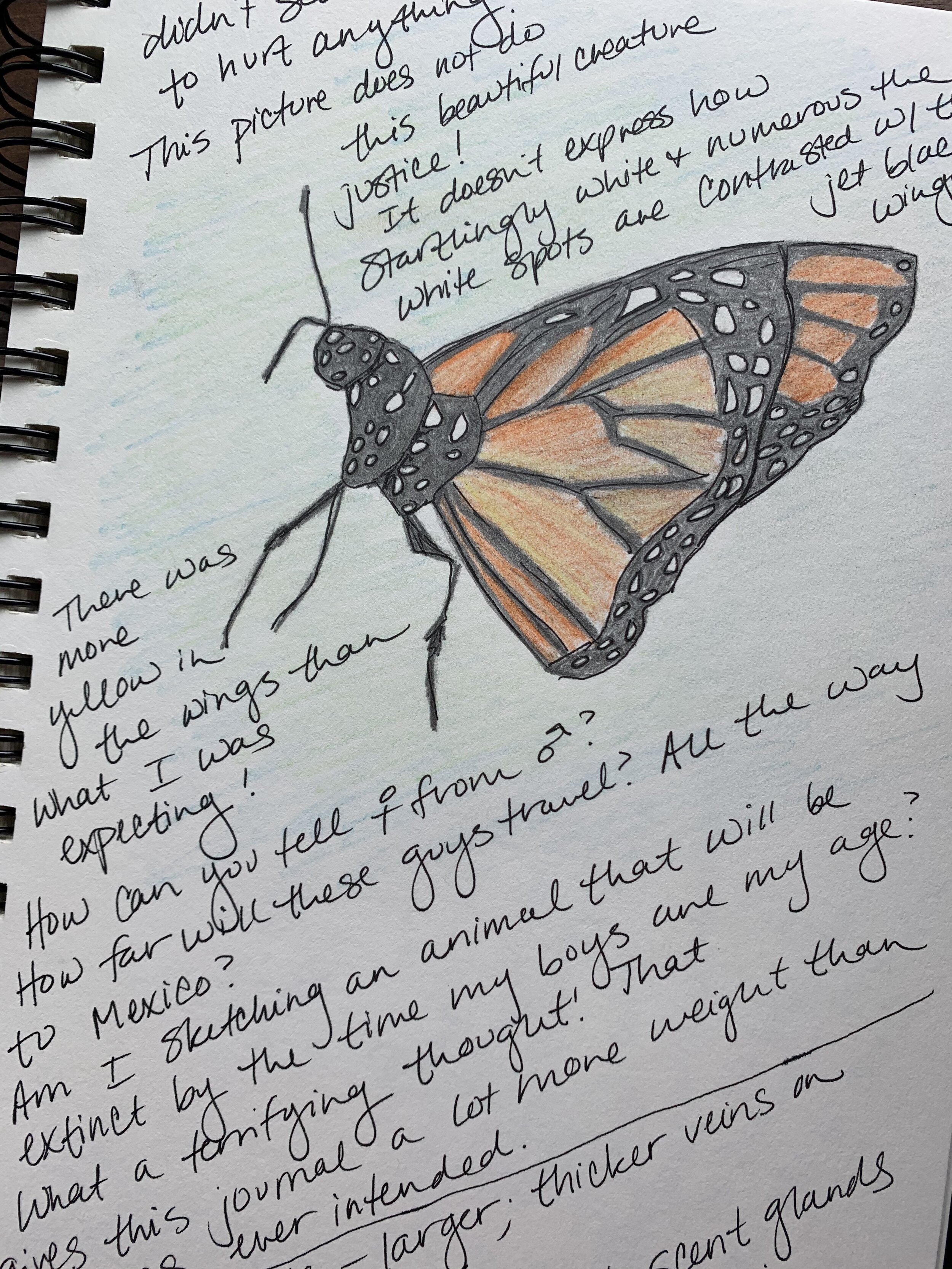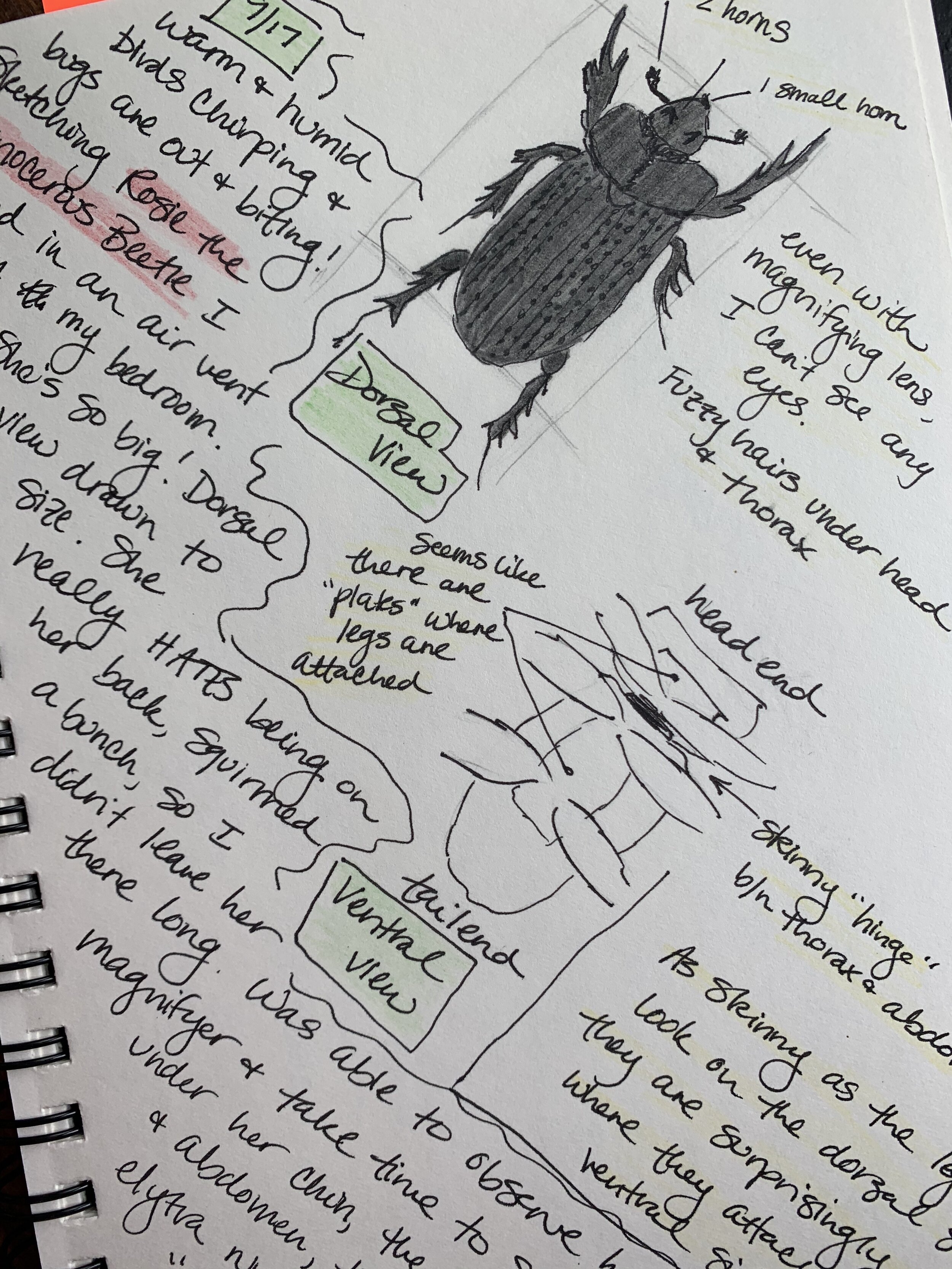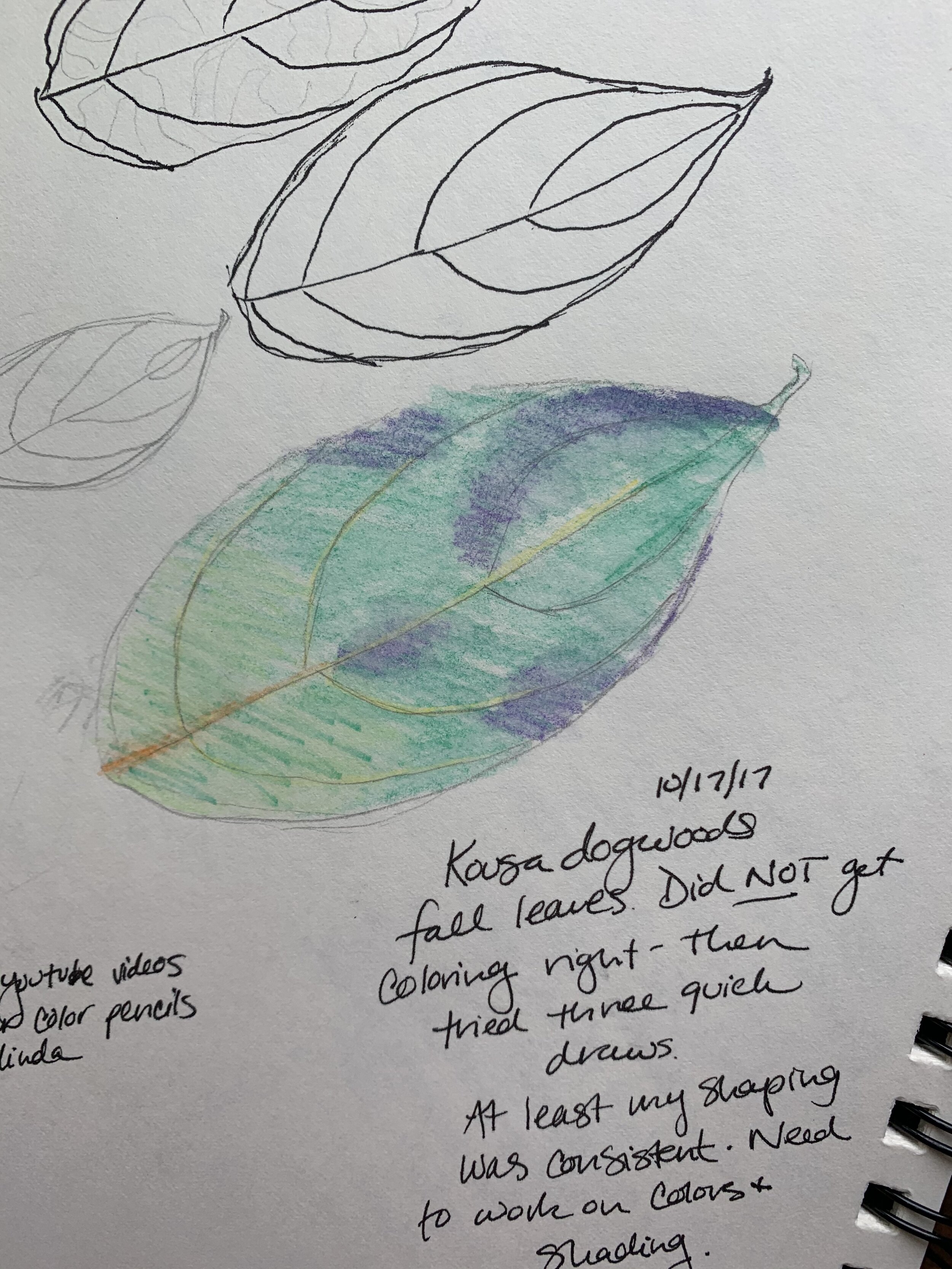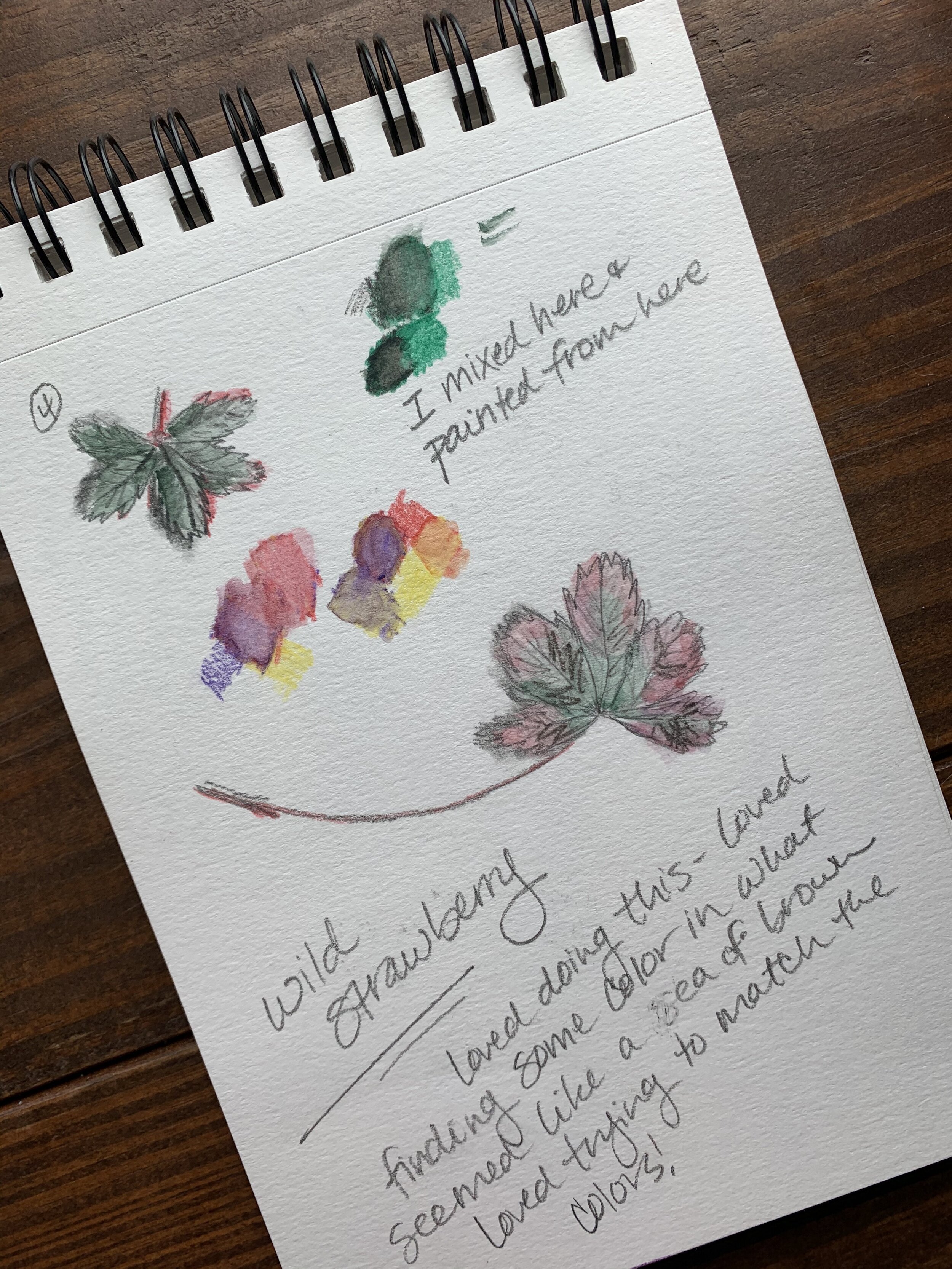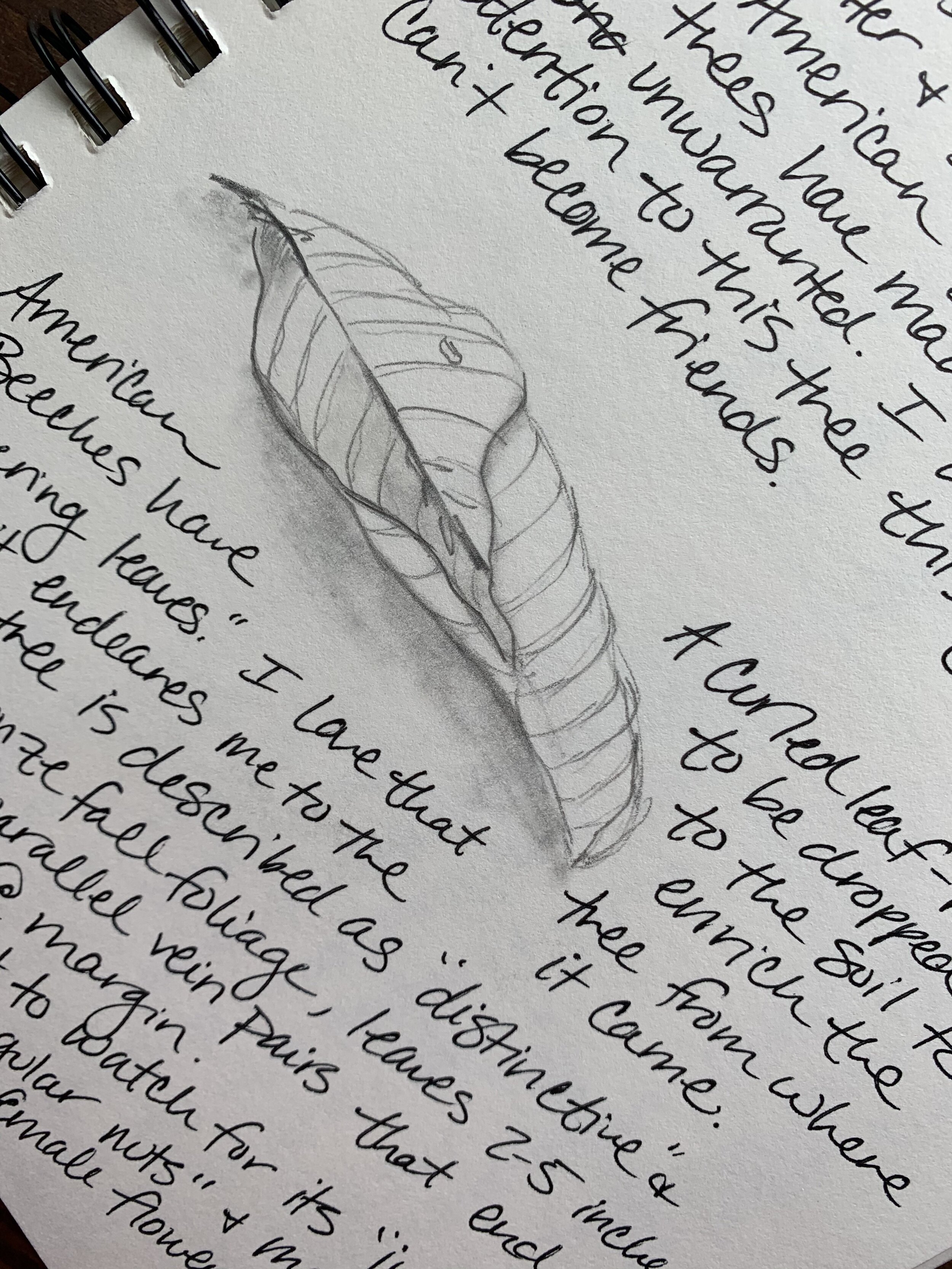“Why I wondered, would I enjoy a snail?” ”
I write today at home as usual, as I run my business from my home. The difference today is that I am mandated to remain here; asked to sacrifice my freedom of movement and quite frankly, my livelihood for the greater good. I do so with full acceptance and humility; humbled by how quickly life can change. I am also grateful that for now at least, I will enjoy the simplicity of a life at home, for I choose (and admit, I have the luxury to choose) that this time be one of rest and reflection. I am physically separated by others but bonded by social cooperation. My life is abundant. I will stay home.
Today I would like to recommend a book and a hobby that both exemplify the spirit of coping with change by focusing on the small and tangible rather than the chaotic and surreal news of our world.
May I please suggest “The Sound of a Wild Snail Eating” by Elisabeth Tova Bailey. This book is a reflection of an invalid and her random companionship with a white-lipped forest snail. Ms. Bailey writes:
“The tiny intimate sound of the snail’s eating gave me a distinct feeling of companionship and shared space…..one has to respect the preferences of another creature, no matter its size and I did so gladly.”
A sweet and touching sentiment from a story that was many years in the making due to the author’s health. This book is an easy read with some insight into the biology of gastropods but more so an expression of the value of all life, including large and human and small and invertebrate. It leaves me wondering what I have overlooked during my busy life and how best to remedy that. And how can I model the value of all living things to my students?
As the coronavirus’ reach expands exponentially, our lives slow down, to a snail’s pace, becoming nearly unrecognizable. We have been groomed to believe busy is good and free-time is weak and I used to buy into that logic. My brain and body would move from one thing to the next, all day, everyday. But a career change and a yoga practice convinced me otherwise. Now, as the world swirls relentlessly around me, I am learning to sit still and watch. This skill requires continual practice and nature journaling has helped me grow in this regard. It’s a hobby I don’t always make time for, but being at home these pasts 2 weeks reminded me to dust off my black, hard-bound spiral journal, dig up my water-color pencils and get outside. It also seemed like the perfect time to reread Ms. Bailey’s remarkable book about a life changed by an illness and the peace she found in nature as a result.
Nature journaling can take different forms. Observations can be written lyrically or as notes, sketched or painted. You can take photos, or don’t. What it is to me is a mindful escape from a busy life into a slower, quieter world. I’ve learned to sit quietly and allow details to unfold. I’ve learned to enter a task without expectation. I’ve learned to accept my own limitations in how to record my observations. Nature journaling brings me peace.
But has it made me a better teacher?
I think so, and yet, as I continue to grow professionally and continue to journal, it’s possible that my answer will become more definitive in either direction- a resounding YES or an absolute NO.
For now, nature journaling has…..
…shown me the value in waiting. Applied to a classroom, I’ve learned to assess the mood of my group on a given day and proceed with my lesson in a way that best honors that.
…taught me patience. I am always shocked at the little details of a fern or a beetle, discovered only because I made time to notice. This is a reminder that getting to know students and their hidden selves requires an equally open mind and a patient heart.
...demonstrated that effort, not the outcome is the goal of every sketch. While I am not an artist, I still attempt to sketch what I see, knowing that anything I’m willing to put down on paper is a learning opportunity. As a teacher I need to accept that my best effort on a given day is all I can expect of myself and all I can expect of my students is the same. Each day, the best a student or a class has to give varies and I’ve learned to accept that.
…amplified the empathy I have for my students who struggle with the anxiety of learning new things. Every time I sit down to journal, I am attempting a task that I find challenging. As teachers, we expect grace and cooperation from our students when we present new challenges. We should also pursue new opportunities for learning to remind ourselves how truly difficult that is.
While I, and most of you cannot teach right now, we can hone our skills that improve our teaching. We can make time for our physical and emotional selves to cope and rest, reflect and learn. Nature journaling and “The Sound of a Wild Snail Eating” may be a great growth opportunity for you. When schools resume classes, I will fully recommit myself to my students, even more ardently than before this viral jolt to my world. The manifestation of that is dependent on how I spend my time during this pause. May you know health and peace, -Rachel
Above are excerpts from my nature journals. Some are good, some are bad, all were my best effort.
TRAINING OPPORTUNITY
The NC Museum of Natural Sciences has launched an online mini workshop for educators on Creating a Nature Journal. This includes a short introductory video and follow-up assignments to get outdoors and explore your "nature neighborhood!" You can receive credit towards CEUs or EE certification (Criteria 2). All of the resources are available for you to borrow/adapt/modify for your students and families.
These programs are in a Google Classroom called NCMNS Teacher Education. To join, you'll need to use a gmail account that is not part of a G Suite (your school system or business email probably won't work), go to http://classroom.google.com [classroom.google.com], and use classroom code hh6xeuv.
